I’ve been asked several times what we’ll miss when we return soon from our round-the-world travels, and there’s a laundry list response. I’m going to miss a lot of things. But if I’m honest, there’s one thing that makes my heart sink in quiet reflection about life back in the States, and what I wish simply wasn’t so. Here’s what I’ll miss:
In every place we’ve been, our kids have enjoyed more freedom than what they’re allowed in the States.
I love watching them soak it up, growing and learning as we give them a wider berth. The kids have walked safely through megacities and middle-of-nowhere grasslands, us nearby but not hovering, and with no one batting an eye at their independence. In a few European villages, our oldest, age 10, could go to the bakery unassisted, and this was perfectly normal. At playgrounds, all three of them left our eyesight, and a quick inventory a few times over an hour deemed them perfectly fine. They were doing what all the other kids around them did.
I’m going to miss this. Because quite honestly, they can’t have this much free rein in the States.
Not because it’s a more dangerous place. On the contrary—statistics show that things are safer in the U.S. than they’ve been for 30 years. It may not feel like it sometimes, because we’re privy to every event that happens all over the world within minutes of it happening, but it’s true. Crime is down. The world was actually more dangerous when we were kids.
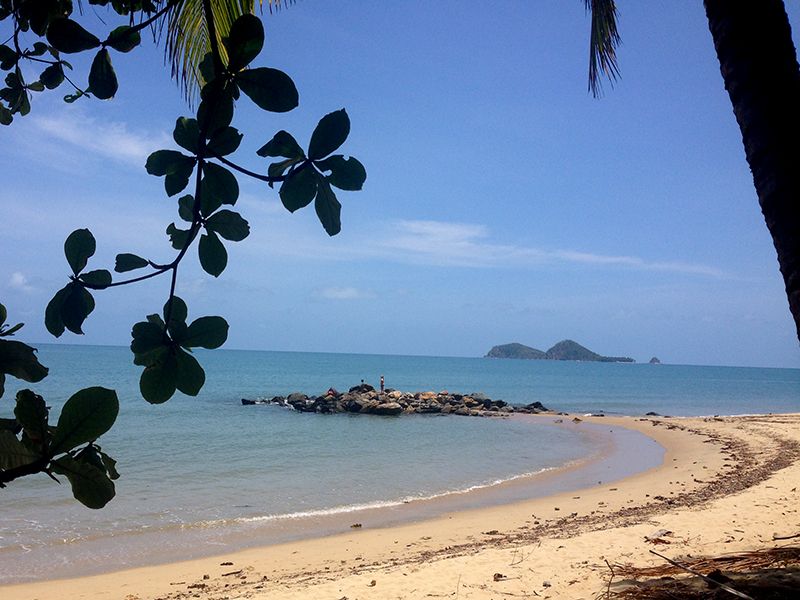
No, the reason I sadly don’t feel the freedom to give my kids the freedom they want—and have proven responsible in wielding it—is because I don’t want to be called out by a stranger who simply doesn’t know me. Because someone might jump to the wrong conclusion and call authorities in the midst of our kids being perfectly safe. Whether that’s walking to the nearby park by themselves, riding their bikes down the street without me hovering with worry, or otherwise being out in the world and out of my eyesight for a few minutes, it seems like Stateside culture has decided that the world is just too scary for kids to learn how to navigate.
I keep hearing stories of people widening their kids’ boundaries only to be met with unfounded skepticism—or worse. It’s sometimes gone as far as getting the authorities involved, therefore causing trauma on the children whose innocence was otherwise left intact. And this, my friends, makes me really, really sad.
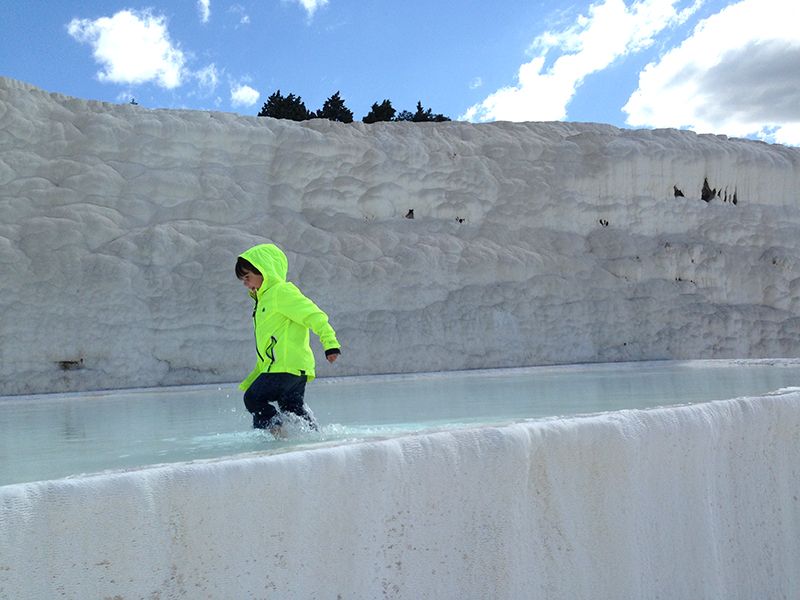
On our trip we’ve spent time with American friends who live abroad, who’ve all said they’re grateful to live out of the U.S. for this simple reason. They love the freedom their kids safely enjoy. And quite frankly, this is the main reason I’m sometimes tempted to return to expat life.
Friends? This has got to stop. We have got to do a better job than this—of trusting each other’s parental instincts, or else our kids will be deprived of a healthy childhood (which obviously leads to a healthy adulthood). We’ve got to stop this collective mindset of assuming the worst and jumping to unfounded escalating conclusions. For the sake of our society, our kids need the freedom we had as kids, or else we’re looking at a generation fearful of imaginary bogeymen around every corner.
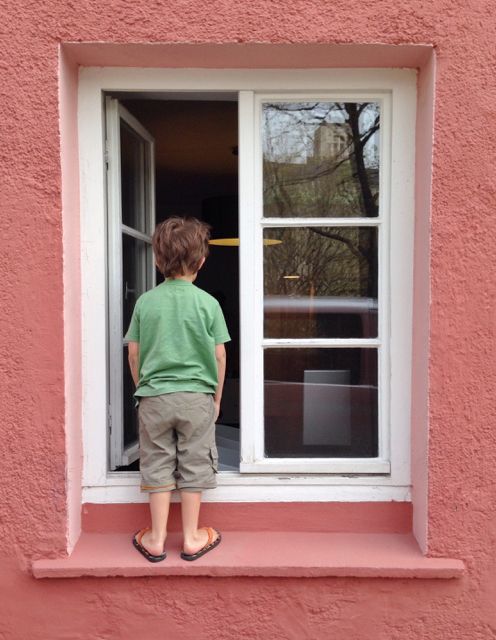
(And yes, there are statistics of unfathomable crime, that, albeit low, are one hundred percent if they happen to your kids. No doubt. But the same can be said of getting in a car, walking down the street, going to a store, and living with family members. In fact, those statistics show a much higher likelihood of danger.)
What can we do?
We collectively need to embrace the idea that, in most everyday situations, our kids instinctively employ a healthy, innocent, wide-eyed wonder of the world, and we need to give them the responsible space to pursue it. Here are a few ways we can do this a bit better, I think (and I’d love to hear your ideas in the comment section).
1. Know your neighbors.
This is probably the biggest one, and aside from exaggerating the danger from our instantaneous news, I think this is the main reason we jump to suspect. We simply don’t take the time to know each other anymore. We have to make a more intentional and friendly (meaning, assume the best) effort to become acquaintances or friends with our neighbors.
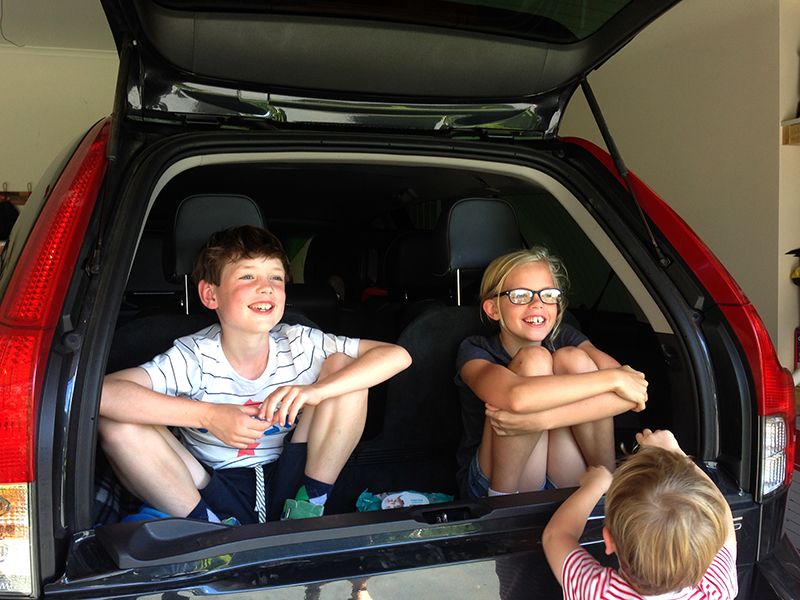
Once we better know our neighbors, we better cultivate our community mindset. We know the collective of kids, we watch out for them (in a reasonable, level-headed manner), and we talk to each other first before calling in needless authorities. We’re actually safer, too—statistics show that crime is lower on streets and in areas where families know each other.
2. Consume news with level-headed thinking.
Atrocities happen worldwide, and we need to care and we need to stay informed so we can be better global citizens. But we also need to remember a healthy sense of perspective. When Kyle and I lived in Kosovo back in 2000-2001 (we were both single at the time), we’d get emails from loving family and friends asking if we were okay because such-and-such happened—they saw it on the news. We’d have absolutely no idea what they were talking about, because the event happened on the other side of the country from us. (And it’s a tiny country.)
Stay in the know, but be careful not to blanket-statement newsworthy events as catastrophic in all circumstances, in all places. If you hear of something happening in the downtown part of your city, don’t unintentionally jump to the thought that that sort of thing happens all the time, in every corner of that area. Be smart, yes, but don’t be jumpy.
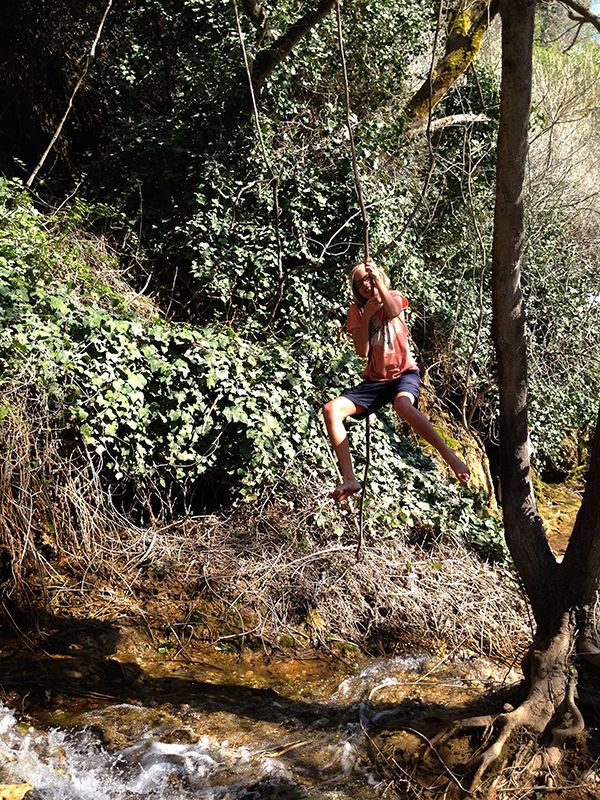
3. Know your kids.
Is your kid a genuinely good kid? Tell her thanks by giving her a bit more freedom when she wants it. Trust your instinct, of course, but also be willing to widen her fence a bit more than you’re comfortable with if she’s proven again and again that she’s trustworthy. Let your default be yes to reasonable requests, so that you use the no card when it makes sense. Be careful to not let your default be no.
My kids have taught me, again and again, that even though it sometimes makes me nervous, they’re really great at being responsible within the space we give them. I communicate trust by letting them enjoy healthy freedom when they can, while still standing my ground when my gut tells me to play it safe.
4. Teach your kids.
There’s a saying from a Scandinavian country (can’t remember which one) that says, “The safest place for a child is at the top of a five-foot tree.” What’s meant by this is that in a short tree, a child is given the chance to learn how to climb a tree safely—six feet, and they might get hurt, and any shorter isn’t really learning the skill of tree-climbing. A necessity for safety.
We should teach our kids how to climb all sorts of five-foot trees, because they’ll be better equipped to function in the real world. Safely, but not fearfully.
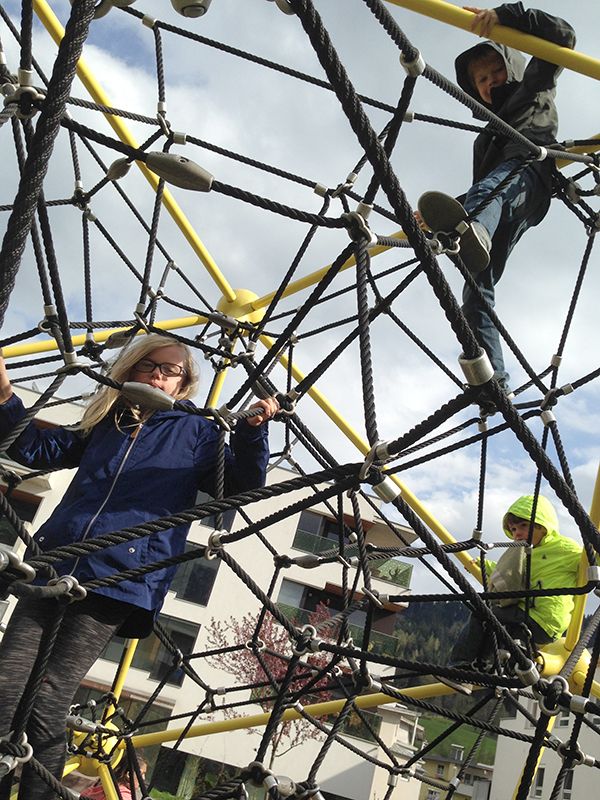
5. Recognize your need for perceived control.
I’ve heard it said the reason more people fear airplanes than cars is the loss of perceived control. All the statistics show that driving in a car is more dangerous than flying in an airplane, but most of us aren’t in the cockpit—we’re at the mercy of a pilot, usually whom we don’t know. Plus, there’s little we can do to control the turbulence, so it feels like we’re sitting ducks. When we’re driving a car, we steer and brake and change routes. We’re still more likely to die than when we’re in a plane, but at least we have a sense of what’s going on.
Not sure if that’s entirely true, but it makes sense. We humans are hard-wired for a desire for control, and it’s no different with parenting our kids. They’re precious to us, so we instinctively want to protect them at all times. The thing is, though, is that we don’t really have a lot of control. Less than we’d like, anyway. And giving our kids a wider berth feels like losing control.
You know what? It is. But it’s also handing our kids the helm to steer their own rudder. It’s giving them a chance to navigate and learn the waves. And that’s what we want after all, right? We want our kids to be healthy, functioning adults, and the more opportunities they have to take risks with five-foot trees, the better they’ll be with those big ones that eventually come their way.
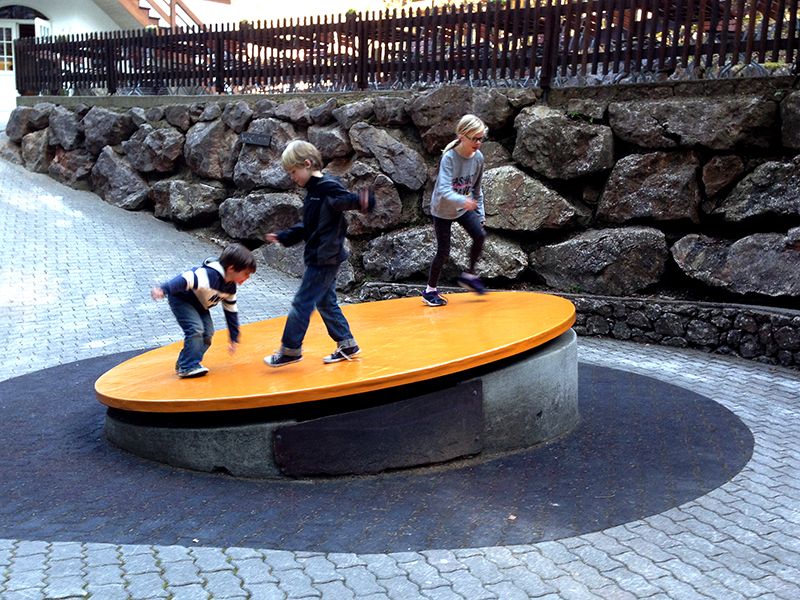
I’m truly curious how we’ll re-enter the U.S. when we’re done traveling. Will we continue our modus operandi and cross our fingers that the majority of strangers give us the benefit of the doubt? Will we rein the kids in a bit? Probably somewhere in the middle. Regardless, I really do think it’s important that, collectively, we encourage each other to let our kids take more risks and give them a bit more reasonable freedom—for their sakes, and for all our sakes.
The thing is, many, many of my friends in the U.S. feel this way—I’d wager to say most of them do. I wonder if most of us really want to give our kids more freedom, but the collective cultural bias simply makes us nervous. I do see plenty of Stateside places where my kids can roam, and this gives me hope. It might not look the same as it does in other cultures, but it’s there. We do like our freedom.
For more reading on the matter, the book Last Child in the Woods: Saving our Children from Nature-Deficit Disorder by Richard Louv does an excellent job explaining the sobering reality that if something doesn’t change, our kids will have no skills interacting with nature—and therefore, the real world. It’s a clarion call for letting our kids get dirty, get hurt, and get stronger from those five-foot (and beyond) trees. (I hear this book is good, too.)
What are your thoughts? What else should we do to encourage each other to give kids more of the freedom we had when we were younger?



